FCC targeting Elon Musk puts rural Americans lives at risk
- Update Time : Friday, October 4, 2024
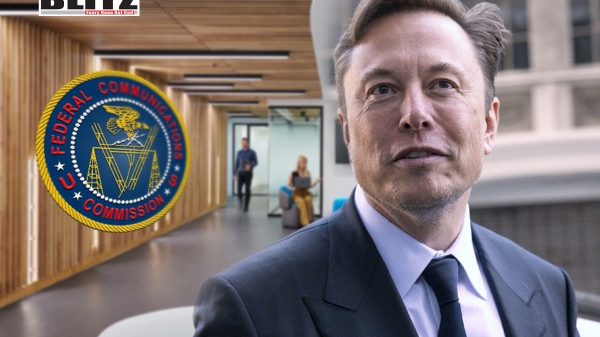
Throughout history, one of the key strategies in war has been the disruption of communications. In today’s age of technological advancement, the ability to communicate effectively is even more crucial, particularly in times of crisis. However, for millions of rural Americans, the Federal Communications Commission (FCC) has effectively weaponized this strategy as part of what seems like a political vendetta against tech billionaire Elon Musk. The result? Hundreds of lives have been put at risk in the aftermath of Hurricane Helene, which devastated remote areas across Georgia, Tennessee, and North Carolina.
Hurricane Helene, a Category 4 storm, made landfall last week, leaving destruction in its wake. As the death toll climbs to 138, many fear that the lack of adequate communication infrastructure has exacerbated the disaster. Thousands of rural Americans, unable to reach rescuers due to washed-out roads, downed telecommunications networks, and power outages, were left stranded in life-threatening conditions. In an age where satellite technology is widely available, such a breakdown in communication is not only tragic but avoidable.
This catastrophe underscores the fallout from the FCC’s decision to revoke funding for Elon Musk’s Starlink satellite broadband initiative, which had aimed to provide high-speed internet access to rural areas. That decision now appears to be not only politically motivated but potentially deadly.
In 2020, Musk’s Starlink-a subsidiary of SpaceX-was awarded $885.5 million by the FCC to provide broadband to 642,000 homes and businesses in 35 states, including some of the most remote and underserved areas of the United States. Starlink’s satellite-based system could have rapidly provided internet access to even the most isolated communities, especially in emergencies.
The plan was simple and effective: for under $1,400 per link-up, Starlink would deliver same-day satellite hardware, requiring only a few hours to set up. In North Carolina alone, 19,552 homes and businesses were slated to benefit from this program, including 17 of the 21 counties hit hardest by Hurricane Helene.
Yet, despite the program’s promise, the FCC abruptly canceled the grant in 2022. This came just months after President Joe Biden publicly floated the idea of finding ways to target Musk, a former Democrat who had become a vocal critic of the party’s stance on free speech and censorship.
The FCC’s rationale for pulling the funding was that Starlink wouldn’t be able to deliver the promised service, a claim that was met with widespread skepticism. Starlink was already in use by several US government agencies and had proven its ability to function even in remote, conflict-ridden areas across the globe. Military units and disaster recovery teams had been relying on Starlink’s satellite communication systems for years, making the FCC’s objections appear thinly veiled.
FCC Chairwoman Jessica Rosenworcel, a Democrat, led the charge against Starlink, insisting the satellite system couldn’t meet the FCC’s requirements. This assessment, however, seemed more politically driven than technically accurate. Observers noted the timing of the decision, which came on the heels of Musk’s public criticisms of the Democratic Party’s censorship efforts on platforms like Twitter (now X).
Adding to the controversy, Musk’s mother, Maye Musk, took to X to express her outrage. “The @FCC would rather Americans die than approve a very inexpensive way to connect people in disaster areas,” she said. Her comments were followed by sharp criticism of the Biden-Harris administration for punishing rural Americans, who bore the brunt of the disaster.
The consequences of the FCC’s actions are now painfully clear. As Hurricane Helene wreaked havoc across six states, the lack of reliable communication made it difficult for emergency services to respond swiftly. Many rural residents were left isolated, unable to call for help as floods ravaged their homes and power lines were knocked out. Hundreds remain missing, and the death toll continues to rise.
Ironically, while the FCC blocked Starlink from reaching these Americans, private efforts led by Musk and former President Donald Trump have rushed Starlink kits to North Carolina’s most affected areas. Despite government resistance, volunteers and relief operations have relied on Starlink to establish communication networks in disaster-stricken regions.
The FCC’s cancellation of Starlink’s grant is part of a broader trend of government failure to address rural broadband needs. In April 2021, President Biden appointed Vice President Kamala Harris as the “Broadband Czar,” placing her in charge of a $100 billion fund for expanding broadband access in the United States. This fund included the $42.5 billion Broadband Equity, Access, and Deployment (BEAD) Program, aimed at reaching rural communities.
Yet, three years later, the program has yielded nothing. Not a single rural home or business has been connected to broadband under Harris’s watch. Observers estimate that the groundwork for the initiative won’t even begin until 2025, with completion projected for 2030 at the earliest. For the billions of taxpayer dollars funneled into this program, Musk’s Starlink could have provided satellite internet to millions of Americans within a fraction of the time and cost.
The FCC’s decision to cancel Starlink’s award wasn’t just harmful to rural Americans; it was a glaring example of political priorities overriding the public interest. As Musk’s companies face investigations from multiple federal agencies-the Department of Justice, the Securities and Exchange Commission, and even the US Fish and Wildlife Service-Democrats appear to be leveraging every tool at their disposal to target the billionaire tech mogul.
While government officials target Musk, they seem to have fast-tracked approvals for other politically connected entities. The FCC, for instance, approved a shocking request from a group backed by the Soros family to purchase more than 200 radio stations nationwide, despite concerns over foreign ownership. Critics have pointed out the double standards, noting how the Soros-backed group bypassed rigorous security reviews required by federal law.
The FCC’s politically motivated war on Elon Musk has left millions of rural Americans in a precarious position. As Hurricane Helene’s devastation has shown, access to reliable communication is a matter of life and death. Instead of empowering rural Americans with Starlink’s proven satellite technology, the FCC chose to prioritize political gamesmanship over public safety.
In the wake of this tragedy, it is clear that decisions made out of political vendettas can have real, catastrophic consequences. As the death toll continues to rise, the Biden administration’s war on Elon Musk will be remembered not just as an attack on free speech but as a reckless gamble with American lives.



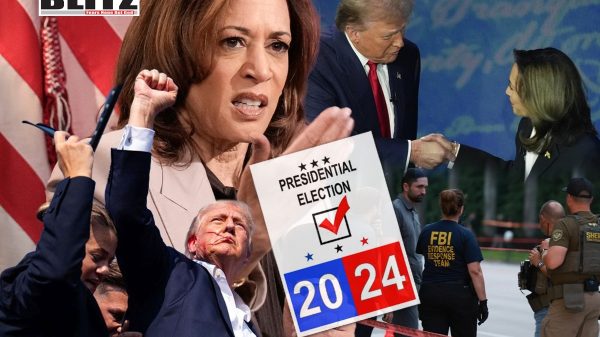
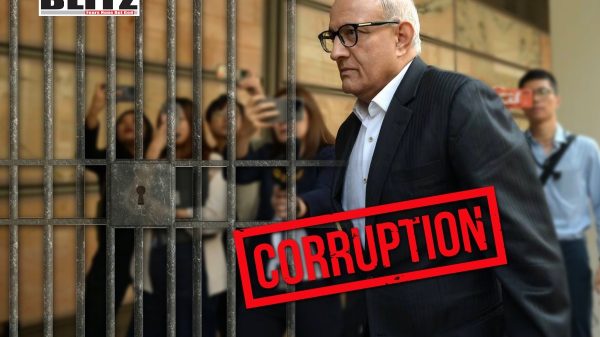
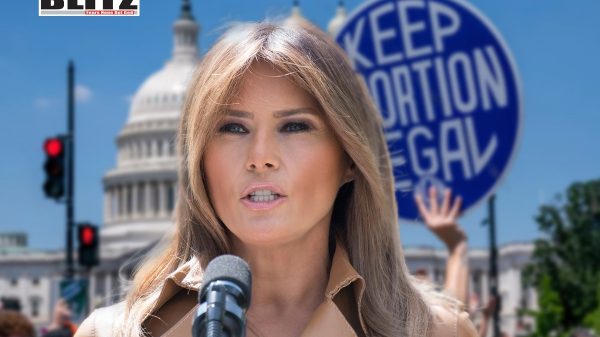

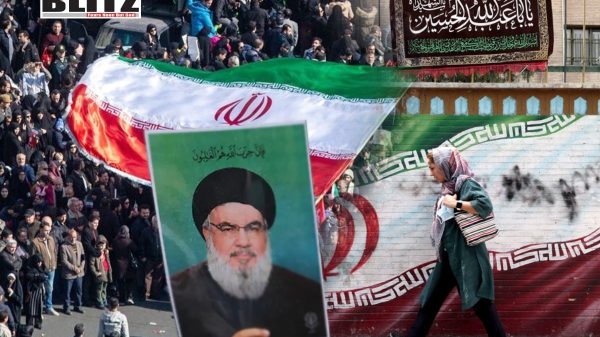


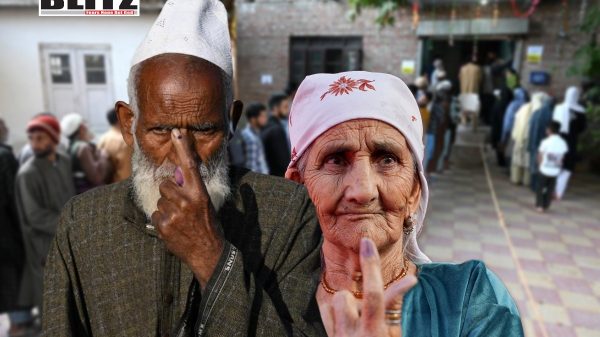



Leave a Reply